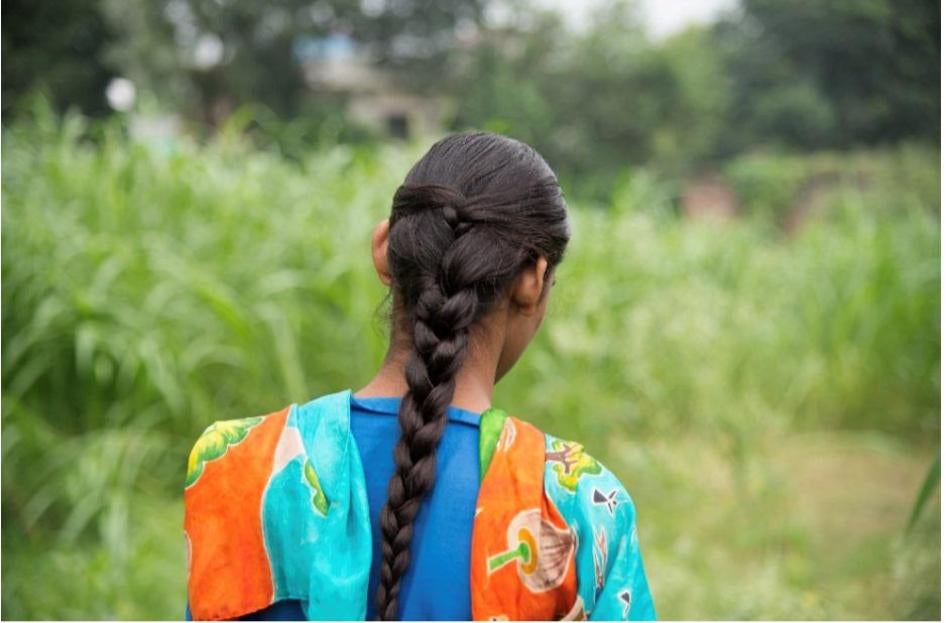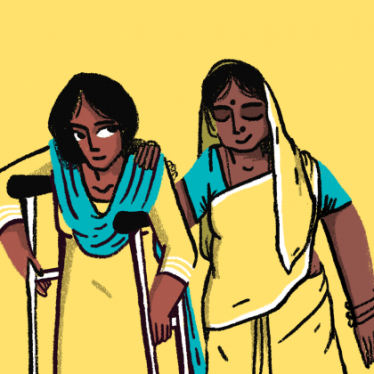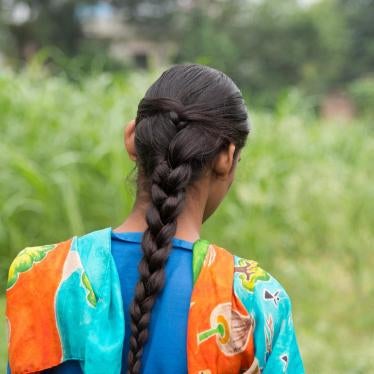Good things happen to those who wait – or so the saying goes. However, women and girls who are survivors of sexual violence in India can spend years waiting for justice.
In 2014, 13-year-old “Razia,” who lives in a village in Uttarakhand, in northern India, was raped by her brother’s 17-year-old tutor. Razia has an intellectual disability and difficulty speaking. With the support of the Latika Roy Foundation, an organization working with children and adults with disabilities, Razia and her family pursued justice via the courts – and won. Her attacker was sent to jail and, in January 2016, the court ordered Razia to be paid 200,000 rupees (US$3,100).
In April 2018, Razia and her family were still waiting for the compensation.
We highlighted Razia’s story, among others, in our report and video on the many barriers women and girls with disabilities experience in accessing justice in India. Staff at the Latika Roy Foundation brought up Razia’s case with authorities again and the money was finally paid out. Razia’s case was the catalyst for 22 other survivors of sexual violence in her state to receive compensation, some of which had been held up for no reason. In many cases, as in this one, the intervention of civil society organizations is vital to enable survivors to get help and access their rights. Compensation does not take away the harm that was done but it can help survivors access the support they need and live a more dignified life.
But Razia is still an exception rather than the rule.
As we celebrate International Women’s Day, many survivors of sexual violence, both with and without disabilities, face obstacles to getting justice in India and elsewhere.
The stigma associated with sexuality and disability means access to justice is particularly difficult. Women and girls with disabilities are also at a heightened risk of sexual violence. They may find it more difficult to escape from violent situations, call for help, or communicate abuse. Some may not know that nonconsensual sexual acts are a crime.
Access to justice should not be a matter of luck or patience – or needing civil society organizations to keep up the pressure. Governments around the world should ensure justice for all survivors of sexual violence, including girls and women with disabilities. Justice cannot wait.










